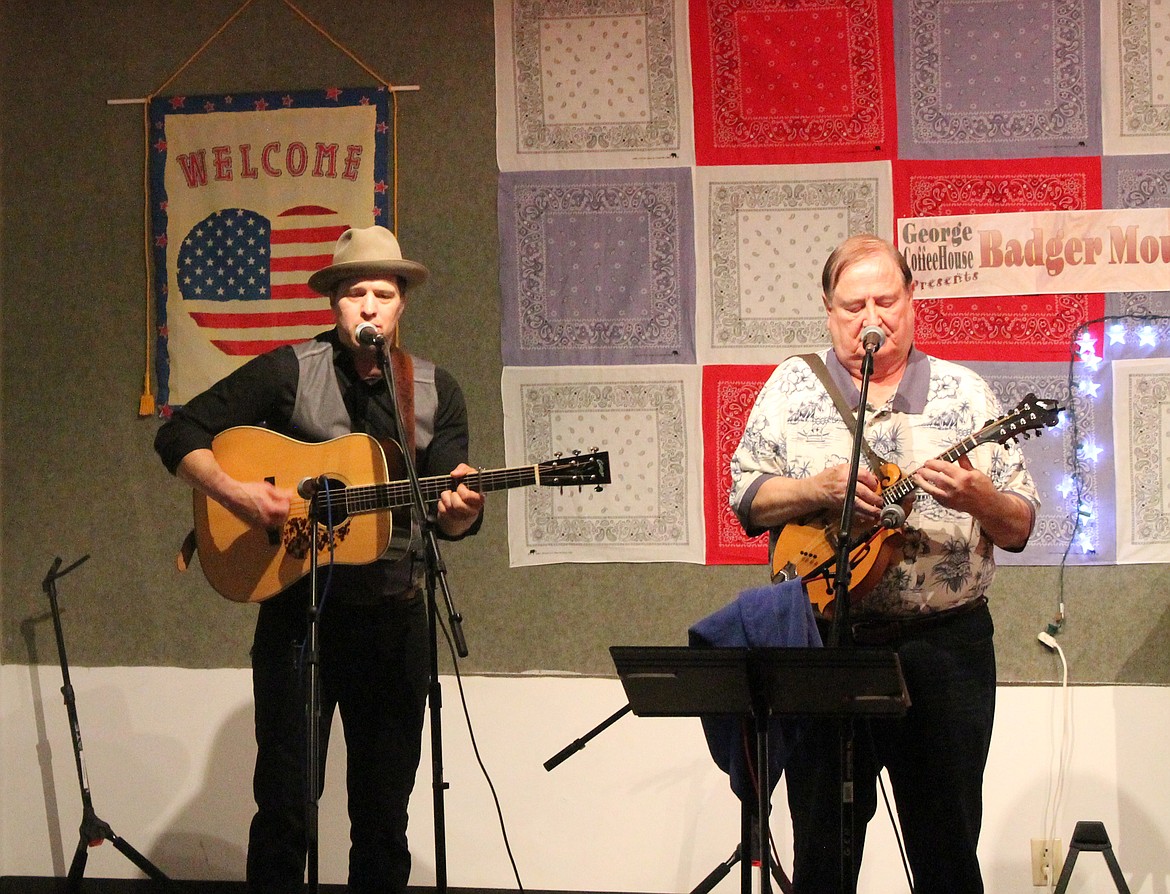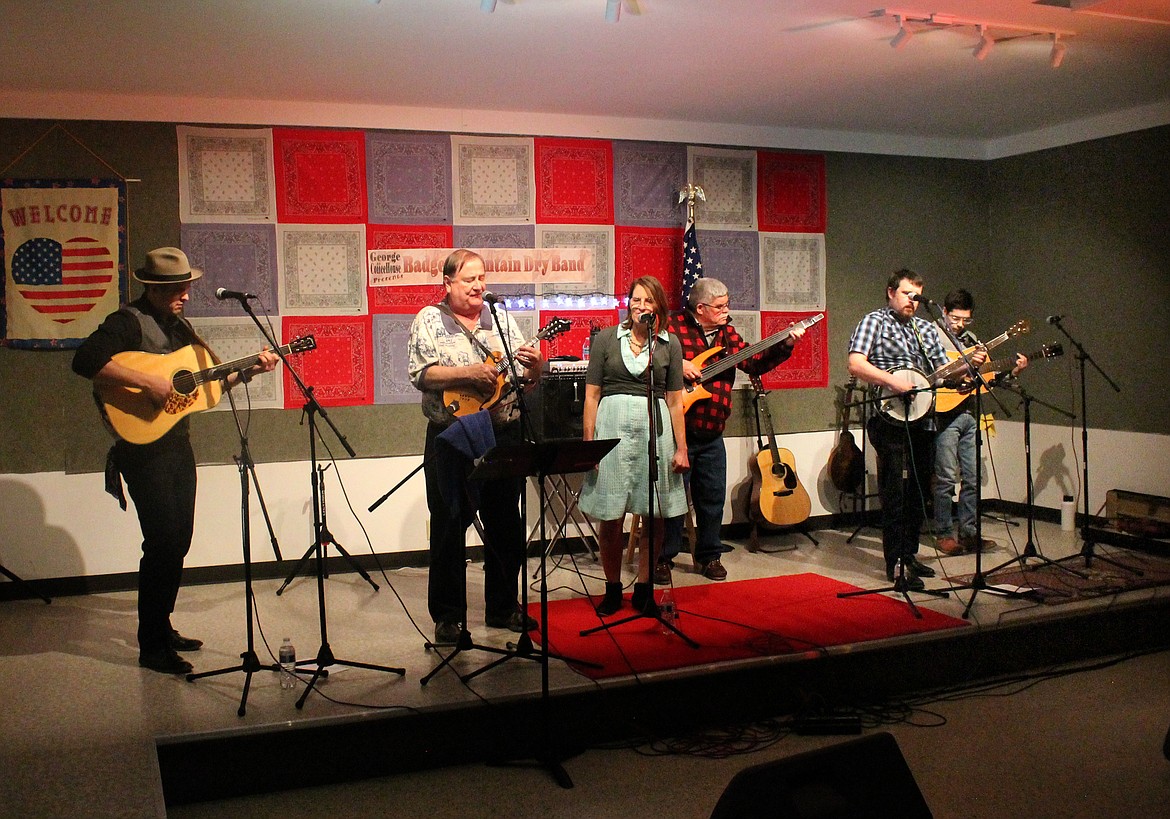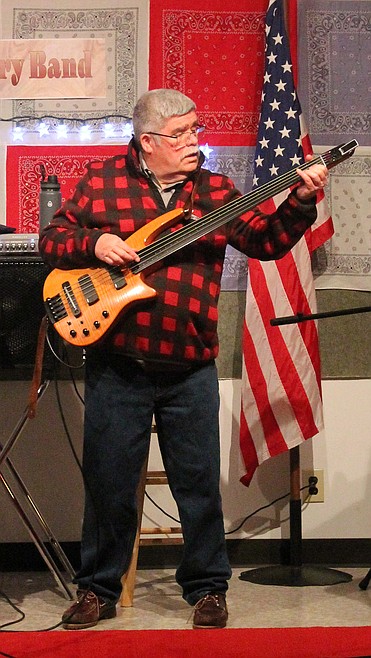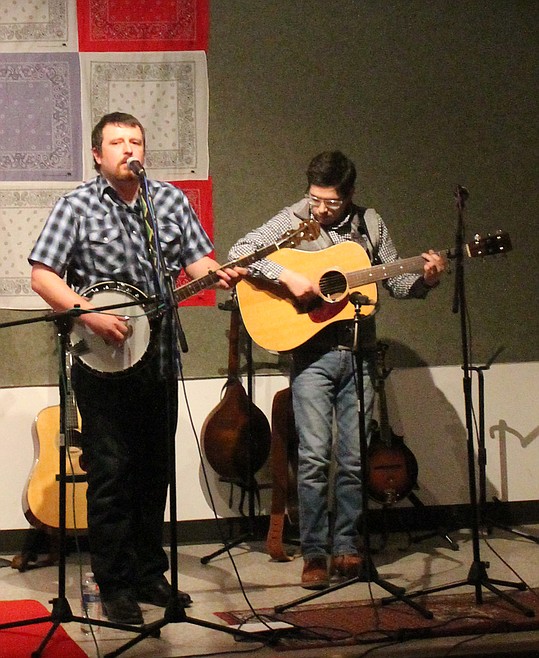Versatile sound
GEORGE — Almost anything can be turned into bluegrass, as the Badger Mountain Dry Band demonstrated at the George Community Hall on Saturday.
Become a Subscriber!
You have read all of your free articles this month. Select a plan below to start your subscription today.
Already a subscriber? Login






